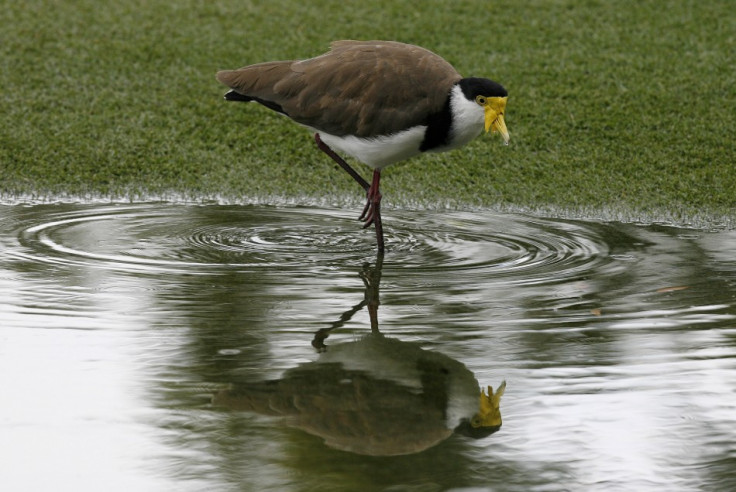Recent UK Floods Wreak Havoc on Birds

The recent floods in the UK have had a catastrophic effect on the wildlife which is already threatened by other factors, says The Royal Society for the Protection of Birds (RSPB).
Flood waters have submerged the nests of more than 600 wading birds across England and Wales. Also, 37 per cent of the lowland snipe population has been affected.
Many of the RSPB's nature reserves have witnessed severe flooding affecting hundreds of nesting wading birds. Ouse Washes is one of the worst affected nature reserves.
RSPB's Ouse Washes site manager Jon Reeves said: "Following centuries of land drainage across the UK, the Ouse Washes is now the most important stronghold for these birds, after they have been largely forced out of their sites.
Literally, we have all our eggs in one basket and we've lost them. It's devastating to watch the nests succumb to the rising waters without being able to do anything to prevent it."
According to the charity, lapwing, redshank, and black-tailed godwits are the primarily affected bird species by the floods.
The environment agency uses the Ouse Washes as a part of its flood relief system for the River Great Ouse which flows from Northamptonshire through Bedfordshire.
In summer the Ouse Washes reserve is generally grazed by cattle in turn making it an ideal spot for ground nesting birds.
Reeves added: "The environment agency is working hard to indentify replacement land for the birds to nest to take the pressure off the Ouse Washes. Until this replacement land is in place, the birds will continue to face an uncertain future."
Other nature reserves including Minsmere on the Suffolk coast, Fairburn Ings near Leeds and Pulborough Brooks in West Sussex have also been badly affected by the floods.
In a miraculous escape, a family of coots at Fairburn Ings survived even after the nest containing the eggs washed away. The nest floated like a small raft to a new location where the eggs hatched later.
© Copyright IBTimes 2025. All rights reserved.



















